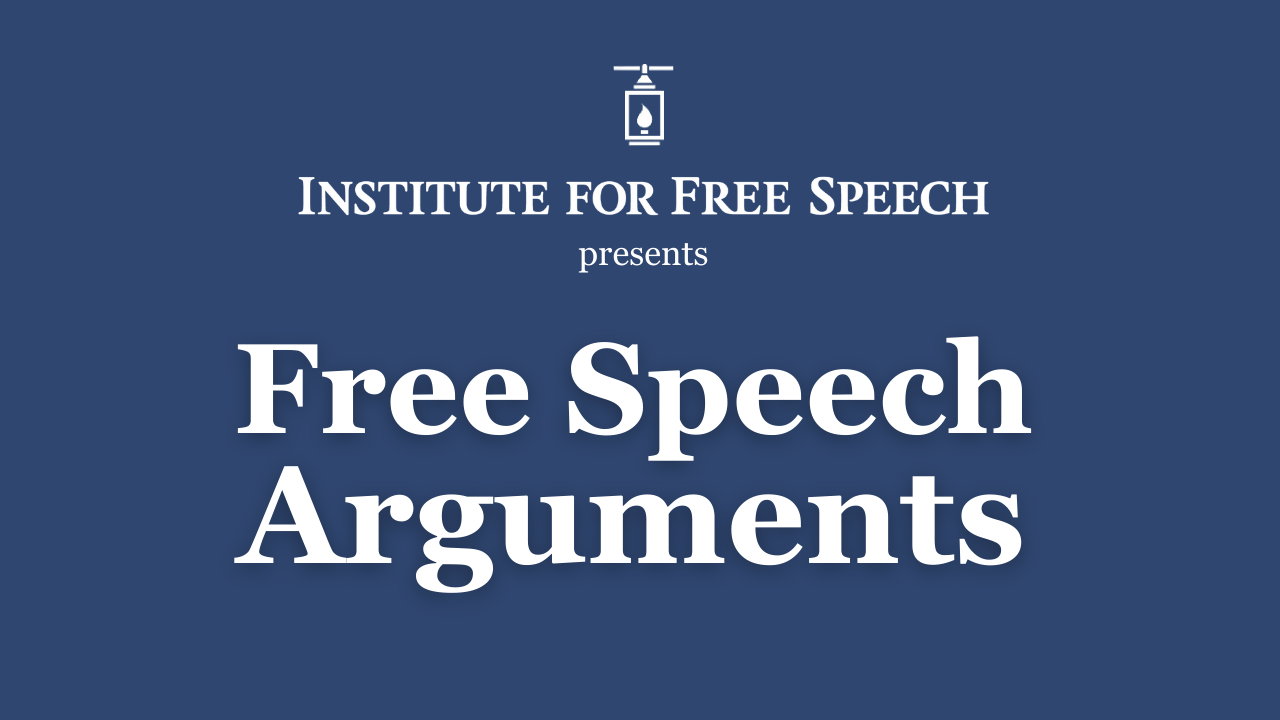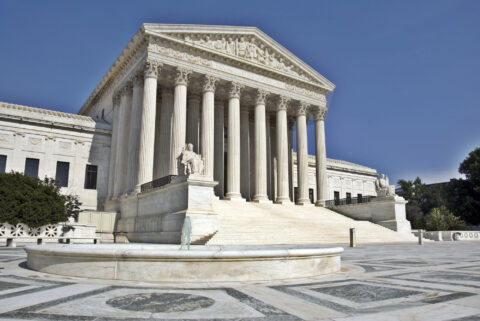Episode 33: Lowery v. Mills
Lowery v. Mills, argued before Circuit Judges Jerry E. Smith, Dana M. Douglas, and Carolyn Dineen King in the U.S. Court of Appeals for the Fifth Circuit on August 4, 2025. Argued by Institute for Free Speech Senior Attorney Del Kolde on behalf of Prof. Richard Lowery and Jeff Oldham on behalf of the University of Texas at Austin officials.
Background of the case [from the Institute for Free Speech case page]:
Prof. Richard Lowery, an Associate Professor of Finance at the McCombs School of Business at the University of Texas at Austin (UT), said the officials at the state’s flagship university violated his constitutional right to criticize government officials. With the help of the Institute for Free Speech, Prof. Lowery sued UT officials who threatened to punish him for his criticism of the university administration by threatening his job, reducing his pay, and ending his affiliation with UT’s Salem Center. One key target of Prof. Lowery’s critiques was the UT administration’s use of diversity, equity, and inclusion (DEI) requirements to filter out competent academics who dissent from the DEI ideology. He also opined during a podcast that part of the job of university presidents in red states is to deceive republicans into funding leftwing indoctrination on college campuses.
Statement of the issues [from the Plaintiff-Appellant’s Opening Brief]:
- Have subsequent Supreme Court and Fifth Circuit decisions overruled or cabined to its facts the standard for public-employee First Amendment retaliation claims described in Breaux v. City of Garland, 205 F.3d 150 (5th Cir. 2000)?
- Did Plaintiff state a viable claim for free-speech chilling under Jackson v. Wright, 82 F.4th 362 (5th Cir. 2023) and other cases?
- Did Defendants’ choice to repeatedly argue that the standard in Keenan v. Tejeda, 290 F.3d 252 (5th Cir. 2002) applied to Plaintiff’s free speech chilling claim, and the district court’s decision to accept this standard, render this standard binding under the law-of-the-case doctrine and judicial estoppel?
- Did the district court err when it withheld various UT documents, reviewed by the magistrate judge in camera, under claims of attorney client privilege, including text messages sent by UT President Jay Hartzell shortly before the pressure campaign against Lowery began?
- Did the district court err when it granted a protective order to block all discovery into allegations that President Hartzell engaged in nepotism by using state resources to benefit his son in admission to UT?
Resources:
Listen to the argument here:
The Institute for Free Speech promotes and defends the political speech rights to freely speak, assemble, publish, and petition the government guaranteed by the First Amendment. If you’re enjoying the Free Speech Arguments podcast, please subscribe and leave a review on your preferred podcast platform.














